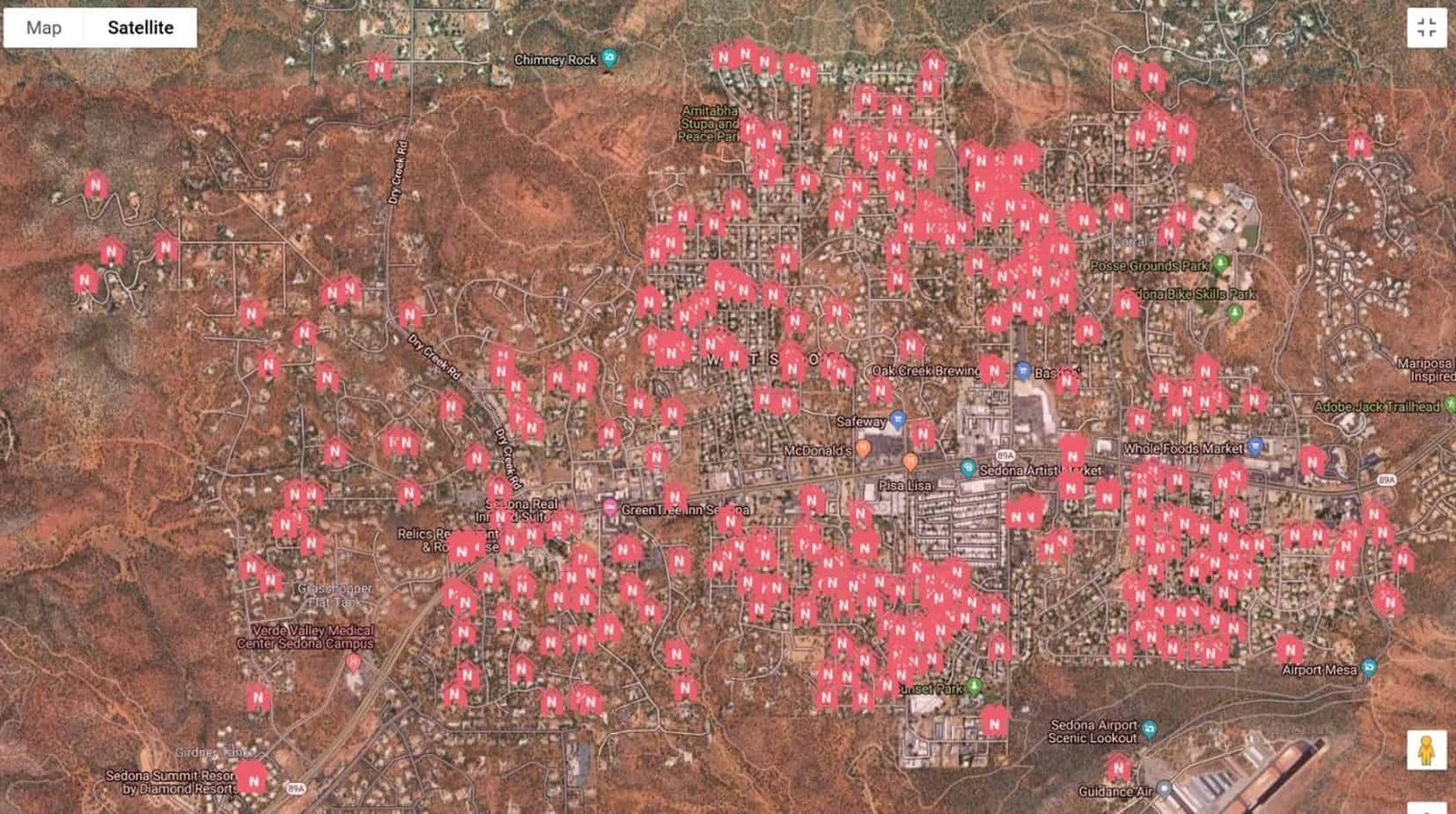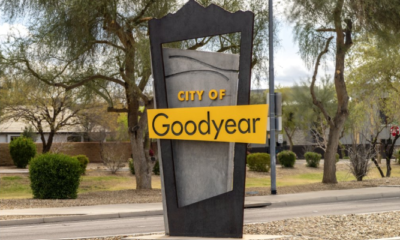Business
City Officials Unveil Stricter Rules and Audits for Short-Term Rentals

During a recent Sedona City Council retreat on December 12, short-term rental (STR) specialist Teresah Arthur detailed the successes and future regulations for the city’s STR permitting program. Arthur reported that the number of STRs in Sedona has stabilized since the program’s inception, with an increase of only 1.7% over the past six years.
Arthur’s proactive approach includes introducing stricter regulations, particularly a new permit-per-unit requirement effective December 1 for rentals advertising multiple units on a single parcel. “I identified 97 properties that were in violation, which was less than my initial estimate of around 300,” she mentioned, emphasizing the need for potential audits twice yearly to track compliance.
As of December 10, the recorded number of STRs in Sedona was 1,203—up from 1,138 in December 2018. Arthur announced plans to conduct audits for compliance in the first quarter of 2024, requiring property owners to provide evidence of neighbor notifications and sexual offender screenings. Rentals without paper listings will need to consistently appear on platforms like Airbnb, or else face potential citation.
The city attorney, Kurt Christianson, spoke about the challenges of current regulations, highlighting efforts to lobby for changes in state law that could permit local governments to cap STR numbers. Arthur is pushing for an update to city codes to clarify that permits do not transfer between owners and to impose citations for bookings made under expired permits.
Currently, Sedona’s practice of issuing notices of violation aims to encourage compliance rather than punitive actions. “Less than a dozen citations have been issued,” Arthur noted, attributing successful compliance to the city’s emphasis on cooperation. However, Christianson warned that the council could choose to expedite citations, allowing for automatic $500 fines.
The potential for criminal citations came up in discussion, but Arthur pointed out that penalties for criminal offenses could be less compelling financially than existing civil fines. When asked if any STRs had been shut down, Arthur stated that this requires a high threshold of proof for gross negligence.
The councilors expressed frustration at the lack of shutdowns, with Councilman Brian Fultz questioning whether the city had taken any drastic measures. Christianson clarified legal limitations on enforcing compliance, stressing that property owners can only be locked out under specific health or safety guidelines.
Councilwoman Kathy Kinsella proposed making public any citations, but Arthur cautioned that this could provoke backlash. The conversation around inspections and regulation revealed concerns about safety but highlighted the city’s limited authority due to budget restrictions.
Arthur noted that many STRs in Sedona are owned by individuals or families rather than large corporations. Mayor Scott Jablow characterized STRs as businesses, a sentiment reflected in his insistence on the need for business licenses; however, this view contradicts existing legal definitions upheld by the Arizona Court of Appeals, which does not classify STRs as business entities.
As updates continue to unfold, the landscape of short-term rentals in Sedona remains a focal point of community debate, balancing business interests with regulatory compliance.


















